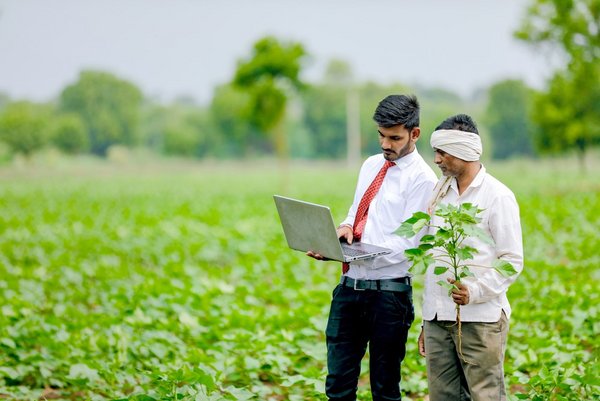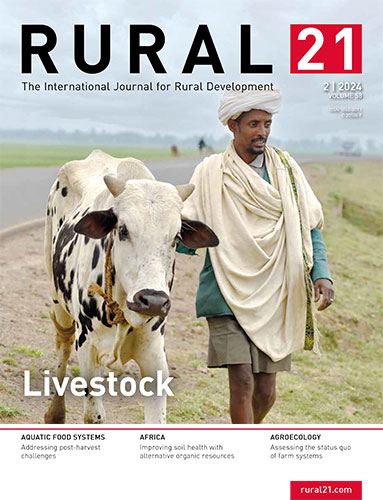 Read this article in French
Read this article in French- Share this article
- Subscribe to our newsletter
Combined traditional farming and modern biotechnology to achieve the SDGs?
Sustainable farming on ever-shrinking agricultural land and declining water resources for the growing human population is one of the greatest environmental and food security challenges of the 21st century. Conventional, age-old organic farming practices alone, and foods based on costly cellular agriculture, do not have the potential to be upscaled to meet the food supply challenges for feeding large populations. Additionally, agricultural practices relying on chemical inputs have a well-documented detrimental impact on human health and the environment.
Researchers from the University of Agricultural Sciences and Technology of Kashmir and the University of Oxford/UK say that the way forward for a greener future is through the modernisation of genetically modified (GM) agriculture. Aside from reducing the use of synthetic agrochemicals, the researchers also recommend the use of robotics and AI-based environment-friendly technologies.
The study “Agrochemical-free genetically modified and genome-edited crops: Towards achieving the United Nations sustainable development goals and a 'greener' green revolution” was recently published in the Journal of Biotechnology.
According to the study, the available farming methods have reached their productivity limits, and new approaches to agriculture, combining friendly, age-old farming practices with modern technologies that exclude chemical interventions, are necessary to address the food production challenges. Growing genetically modified (GM) crops without chemical inputs can allow agricultural intensification with reduced adverse health and environmental impacts, the scientists say.
Modern farming methods like artificial intelligence will further improve productivity
The researchers highlight that integrating high-value pleiotropic genes in their genetically enhanced crops coupled with the use of modern agricultural technologies, like robotics and artificial intelligence (AI), will further improve productivity. Such “organic-GM” crops will offer consumers healthy, agrochemical-free GM produce. They believe these agricultural practices will lead to the beginning of a potentially new chemical-free GM agricultural revolution in the era of Agriculture 4.0 and help meet the SDG targets.
Furthermore, given the advancement in the genome editing (GE) toolbox, we ought to develop a new category of “trait-reversible GM crops” to avert the fears of those who believe in ecological damage by GM crops, the researchers suggest. Thus, in their study, they advocate farming with no or minimal chemical use by combining chemical-free organic farming with the existing biofortified and multiple stress tolerant GM crops, while focusing on the development of novel “biofertilizer-responsive GE crops” and “trait-reversible GE crops” for the future.
(Journal of Biotechnology/ISAAA/wi)
Reference:





Add a comment
Be the First to Comment